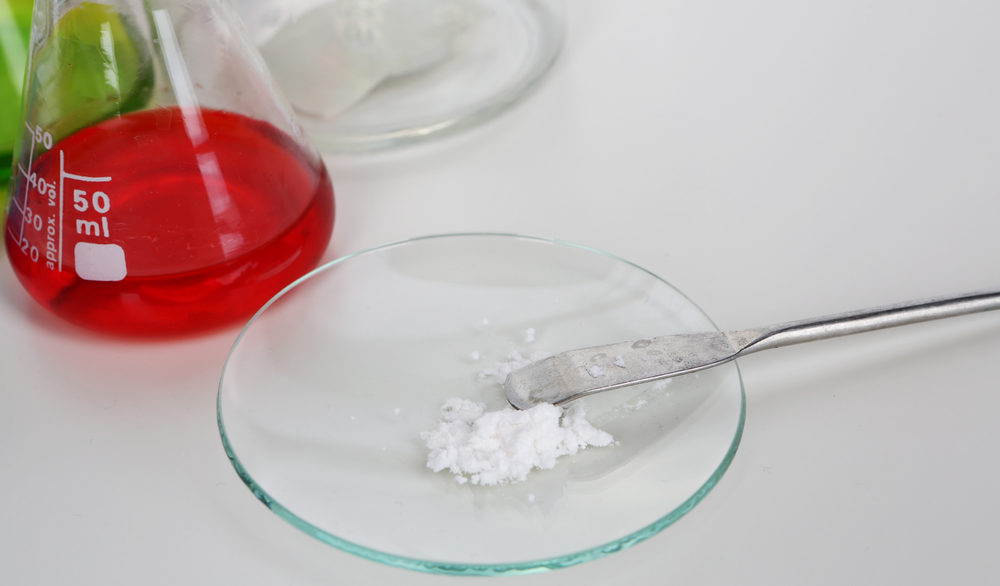There were an estimated 1.5 million cocaine users in the U.S. in 2014, with rates of use holding steady since 2009. Learning what makes cocaine addictive is essential to understanding why so many Americans are drawn to the drug and tackling the underlying issue of cocaine addiction. Ultimately, cocaine is addictive for the same reasons many drugs are: the impact they have on dopamine levels in the brain.
What Is Cocaine?
Cocaine is a stimulant drug derived from the leaves of the South American coca plant. It is ordinarily found in powdered, crystalline form, but it can also be combined with baking soda to make crack cocaine. Powder cocaine is snorted, rubbed into the gums or mixed with water and injected directly into the bloodstream. Crack cocaine is made so it can be smoked.
Why Is Cocaine Addictive?
Cocaine is addictive in any form because of the impact it has on brain chemistry. Dopamine is a crucial chemical in the reward circuit of the brain, and it ordinarily responds to pleasurable things like eating that are necessary for survival. Drugs of abuse — including cocaine — increase the levels of dopamine in the brain, creating an unnaturally intense feeling of pleasure.
The effect it has on dopamine is what makes cocaine addictive. Ordinarily, the dopamine released by the neuron is recaptured to “turn off” the chemical signal. However, cocaine stops this “reuptake” process from occurring, which prolongs and intensifies the effects. When the process finally stops, the brain remembers this positive feeling in the same way it remembers the satisfaction of eating a delicious meal. The individual wants to repeat the action, and with continued use, the brain eventually adapts to the artificially inflated dopamine levels. This is known as “tolerance.”
At this point, more of the drug is necessary to get the same effects felt at the beginning of drug use. This process is what makes cocaine addictive.
Why Are Some People More Likely to Become Addicted to Cocaine?
Although everybody has the same brain chemicals, differences in the structure of the brain mean that some people are more likely to become addicted to cocaine than others. In particular, some people are more likely to get addicted to cocaine because of pre-existing differences in the size of the basal ganglia. However, genetic, psychological and social factors also have a role to play.
Getting Help to Break the Addiction
This complex interplay of factors makes cocaine addiction difficult to overcome. However, with support from professionals, people can and do beat this addiction every day. It often means learning new, healthier coping mechanisms for psychological issues like depression and anxiety, but with time and perseverance, you or your loved one can recover.
Resources
“Cocaine” – National Institute on Drug Abuse (2016)
https://www.drugabuse.gov/publications/drugfacts/cocaine








